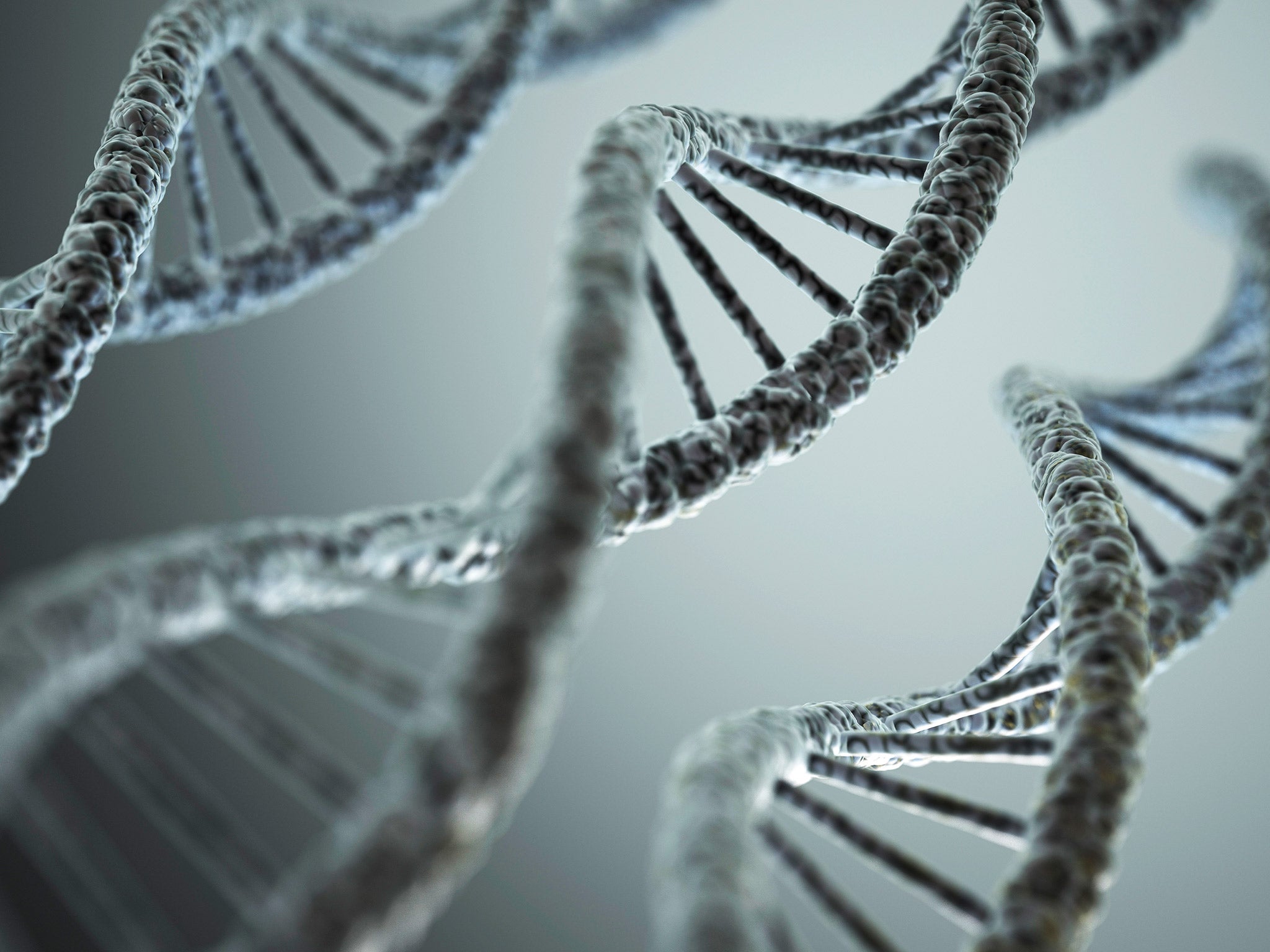Human genome study reveals certain genes are less essential than previously thought
It was thought that all the 20,000 or so genes that make up the human genome must be essential for life

The most comprehensive study of the human genome has discovered that a sizeable minority of people are walking around with some of their genes missing without any apparent ill-effects, scientists have found.
A project to sequence and analyse the entire genetic code of more than 2,500 people drawn from 26 different ethnic populations from around the world has revealed that some genes do not seem to be as essential for health and life as previously believed.
The finding is just one to have emerged from the 1,000 Genomes Project set up in 2008 to study the genetic variation in at least this number of people in order to understand the variety of DNA types within the human population, the researchers said.
“When we analysed the genomes of 2,500 people we were surprised to see over 200 genes that are missing entirely in some people,” said Jan Korbel of the European Molecular Biology Laboratory (EMBL) in Heidelberg, Germany, who led one of the genome project’s studies.
The finding has astonished researchers because it was thought that all the 20,000 or so genes that make up the human genome must be essential for life. However, it may be that some genes are dispensable because of some kind of built-in redundancy to the human genome.
Until now, scientists have tended to seek out defective DNA in order to explain or understand the physical symptoms suffered by a patient because it has been widely assumed that if a gene is missing or no longer functioning it would automatically have an impact on a person’s health or well-being.
“Genome sequencing is beginning to be used for diagnostic purposes, and when doctors see that a piece of the genome is missing in a patient, there’s a temptation to tie that to a diagnosis,” said Evan Eichler of the University of Washington and a senior co-author of the study published in the journal Nature.
“We can now let clinicians know that there are certain genes that really should not be used to try to explain diseases in this way,” Dr Eichler said.
The 1,000 Genomes Project investigated the smallest mutational differences between genomes, the so-called single nucleotide polymorphisms where just one of the 3 billion DNA bases varies between people, to the larger “structural variations” which involved wholesale re-arrangements of DNA – which were often linked to changes in the function of genes.
“Our work reveals that structural variations are often likely to have functional consequences. So we can now advise on what researchers should be looking for when they’re trying to understand the genetic causes of a certain condition,” said Oliver Stegle of the EMBL.
In a separate study published in Nature, scientists identified a region of the human genome which, when mutated, confers resistance to malaria by blocking the parasite’s entry into the red blood cells. Scientists believe the findings could help to explain why some children in Africa succumb to the lethal infection, while others emerge unharmed.
The researchers analysed the DNA of more than 25,000 children in eight different African countries, comparing the DNA variations of those with severe malaria to those without severe malaria in order to see if genetics could explain why some children fare better than others in a malaria-rife region.
They found a gene variation, or “allele”, that is most common in Kenya which reduces the risk of severe malaria by 40 per cent. The researchers, funded by the Wellcome Trust, said the gene in question controls the production of proteins called glycophorins on the surface of red blood cells which are involved in controlling the invasion of the cells by malaria parasites.
“We can now say, unequivocally, that genetic variations in this region of the human genome provide strong protection against severe malaria in real-world settings, making a difference to whether a child lives or dies,” said Professor Dominic Kwiatkowski of the Wellcome Trust Sanger Institute near Cambridge.
“These findings indicate that balancing selection and resistance to malaria are deeply intertwined themes in our ancient evolutionary history. This new resistance locus [site on the DNA molecule] is particularly interesting because it lies so close to genes that are gatekeepers for the malaria parasite's invasion machinery,” Professor Kwiatkowski said.
“We now need to drill down at this locus to characterise these complex patterns of genetic variation more precisely and to understand the molecular mechanisms by which they act."
Subscribe to Independent Premium to bookmark this article
Want to bookmark your favourite articles and stories to read or reference later? Start your Independent Premium subscription today.

Join our commenting forum
Join thought-provoking conversations, follow other Independent readers and see their replies
Comments